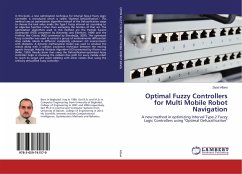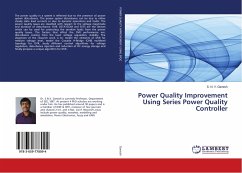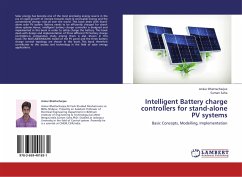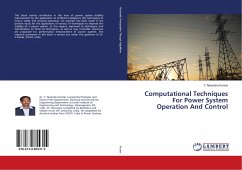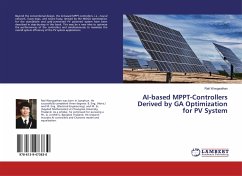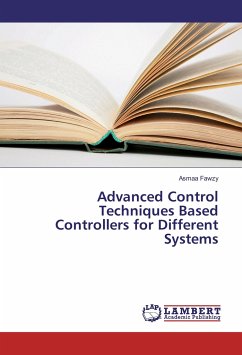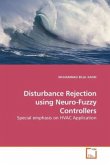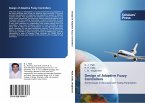In this book, a new optimization technique for Interval Type-2 Fuzzy Logic Controller is introduced which is called "Optimal Defuzzification." This method uses an optimization algorithm instead of the Defuzzification stage to choose the best value inside the Type-1 Fuzzy interval set according to an objective function rather than averaging the borders of that set. The optimization algorithms used in this method are the Particle Swarm Optimizatin (PSO) presented by (Kennedy and Eberhart, 1998) and the Artificial Bee Colony (ABC) presented by (Karaboga, 2005). This optimized fuzzy controller was used to control a group of nonholonomic differential-drive mobile robots in different completely unknown 2-D environments with obstacles. A dynamic mathematical model was used to simulate the robots along with a collision avoidance technique between the moving agents through Velocity Obstacle Algorithm (VO) presented by (Fiorini and Shiller, 1993). Results show that using the Defuzzification-optimized fuzzy controller helps in choosing the collision-free path for every mobile robot to reach its target and avoid colliding with other robots than using the ordinary defuzzified fuzzy controller.

